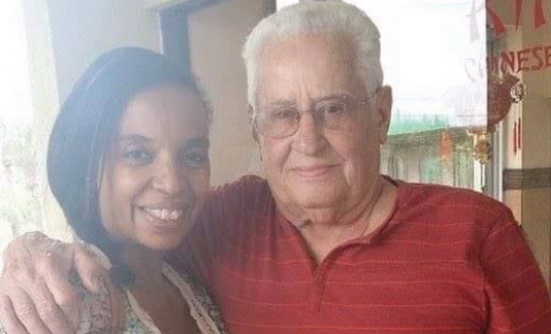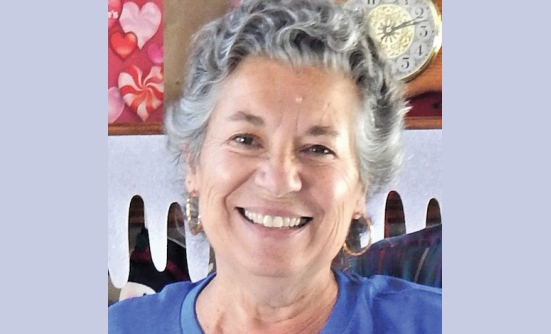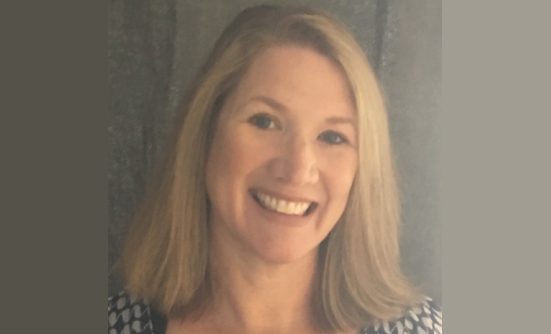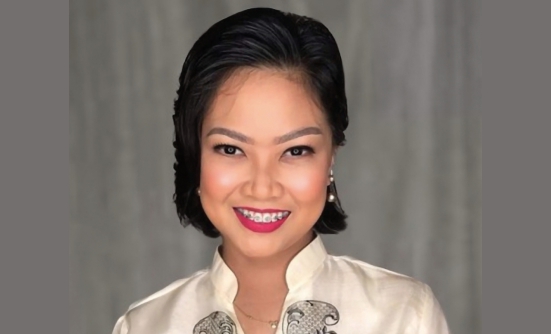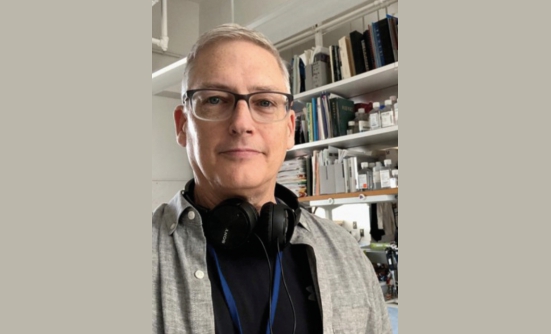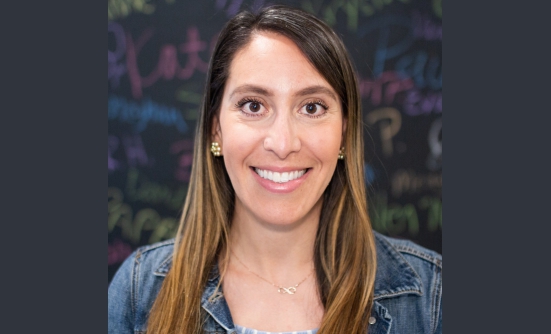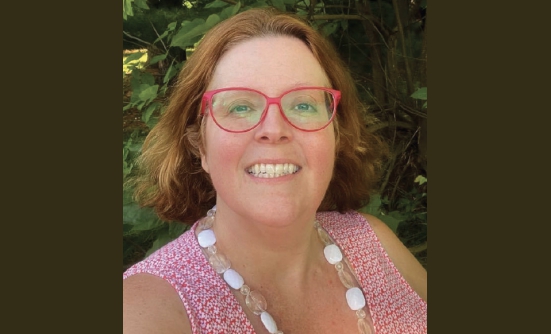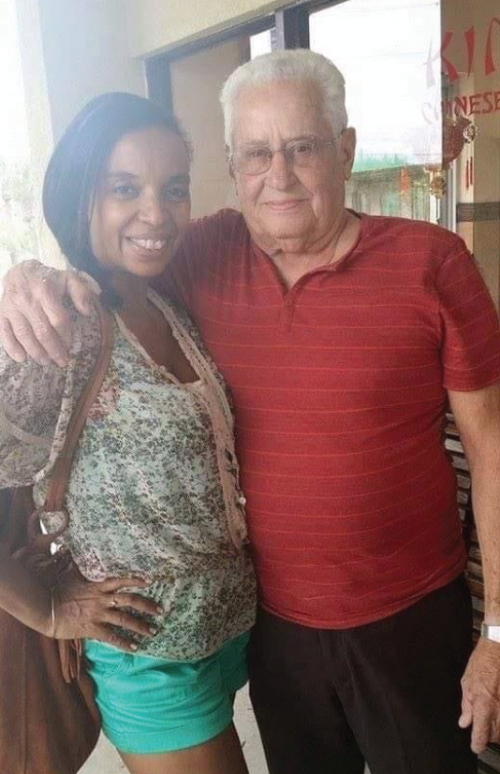
My Dad, Inocencio Melendez-Schroder, was the strongest man I have ever known. I have always looked up to him; at age 84 he was so active, painting rooms, gardening, and taking care of the home and the roof over our heads.
Change on the Horizon
On October 15, 2020, after days of not feeling well and seeing some changes in his body that he could not hide, my Dad went for a routine physical exam and was immediately sent to the hospital, where he stayed for a week. An emergency biopsy on October 17, 2020, was the moment we received the news that would change his and our family’s life forever.
After 84 wonderful years, my Dad was diagnosed with stage IV leukemia, a type of blood cancer. Hearing the diagnosis of stage IV leukemia from 3 doctors, and then their conclusion that, “At his age, we do not recommend chemo or radiation, and there is nothing else that can be done for him at this stage,” was heartbreaking.
With the country going through COVID-19, only 1 person was allowed in the hospital at a time, and that person was me, which was mentally, emotionally, and physically tiring. Seeing and hearing my Dad in distress and hurting was very hard.
Hard Decisions
My Dad was everything to me, so hearing about this diagnosis, and then having to make decisions along with my mom on what to do next as caretakers, was the hardest decision we have ever faced as a family.
The hospital directed us to the staff at Hospice Care of Central Florida, who helped us as much as they could, and taught us many things we did not know. They were able to prepare us, and help us in the decision of taking my Dad home, and letting him have his best last days at home with his family.
Transition
On Thanksgiving 2020, my Dad seemed the happiest he was in months since his diagnosis, and was positive, and just seemed like he was going to fight this cancer; it seemed that he was his old self again—loving, laughing, and enjoying that day. That day was the last time he smiled, came out of his bed, and spoke.
My Dad was now bedridden. The days that followed he got weaker, and the cancer was taking over his body—he fought, and we prayed.
The hospice nurses visited and assisted us more frequently, and they taught us what to expect during his transition. They were so patient with him, and with us.
On December 1, 2020, my Dad passed away peacefully, with all his family present.
All I could think of was that if it were not for all the information we had received about his cancer, and how to care for someone going through that cancer experience, I don’t think we would have survived it.
Leaning on Faith
Getting back on my feet after his death was hard. However, it became even harder when on April 15, 2021, at age 52, I was diagnosed with stage II leukemia. I didn’t share very much with my children, because I did not want them to worry.
I set my mind that I was going to fight this, no matter what. It was an early-stage cancer, and I could do it. I refused to have radiation or chemotherapy infusion, so my doctor prescribed chemo pills, and I followed all the recommendations from my doctor. I leaned on my faith, and read a lot about the cancer, and educated myself.
I was sick, weak, and trying to help my family, and not let them see me at my worst. I kept focusing on the future, praying, and talking to my Dad in heaven.
Keep Doing What You’re Doing
On June 21, 2021, my doctor told me that the blood cancer cells were reduced, and they were “dying,” so whatever I was doing, I should keep doing. That is what I am doing, and continue to do. I am now 7 months cancer-free.
Being a caretaker for my Dad prepared me for the fight I had to do myself, which was my lesson. My Dad didn’t give up; he just had a taller mountain to climb, and my mountain was smaller.
I pray, and tell all caretakers of patients with cancer, or with any other life-threatening diseases—no matter what mountain they have to climb, be with them, help them, and don’t abandon them. Hold their hand through the climb.
Honoring My Dad’s Legacy
My Dad wanted all the attention, and he was embarrassed that he needed all this attention, but I was willing to give him whatever he wanted. Do not give up on someone because he or she is sick.
I live every day missing my Dad, and wanting him back, but I continue to live, and that is the important part—I live for my mom, my daughters, and my grandchild.
The legacy my Dad left behind is huge: everywhere we go in town, people remember him, and they speak such good words about him, which makes my heart full. In everything that happens in life, we need to live and learn from it, no matter how much it hurts. I do everything in honor of my Dad and the legacy he left behind.
We are given one life—enjoy every moment, just live, and respect and love all survivors and caretakers and caregivers. Love one another in the good and the bad, and be kind, because you never know what a person is dealing with at home.





